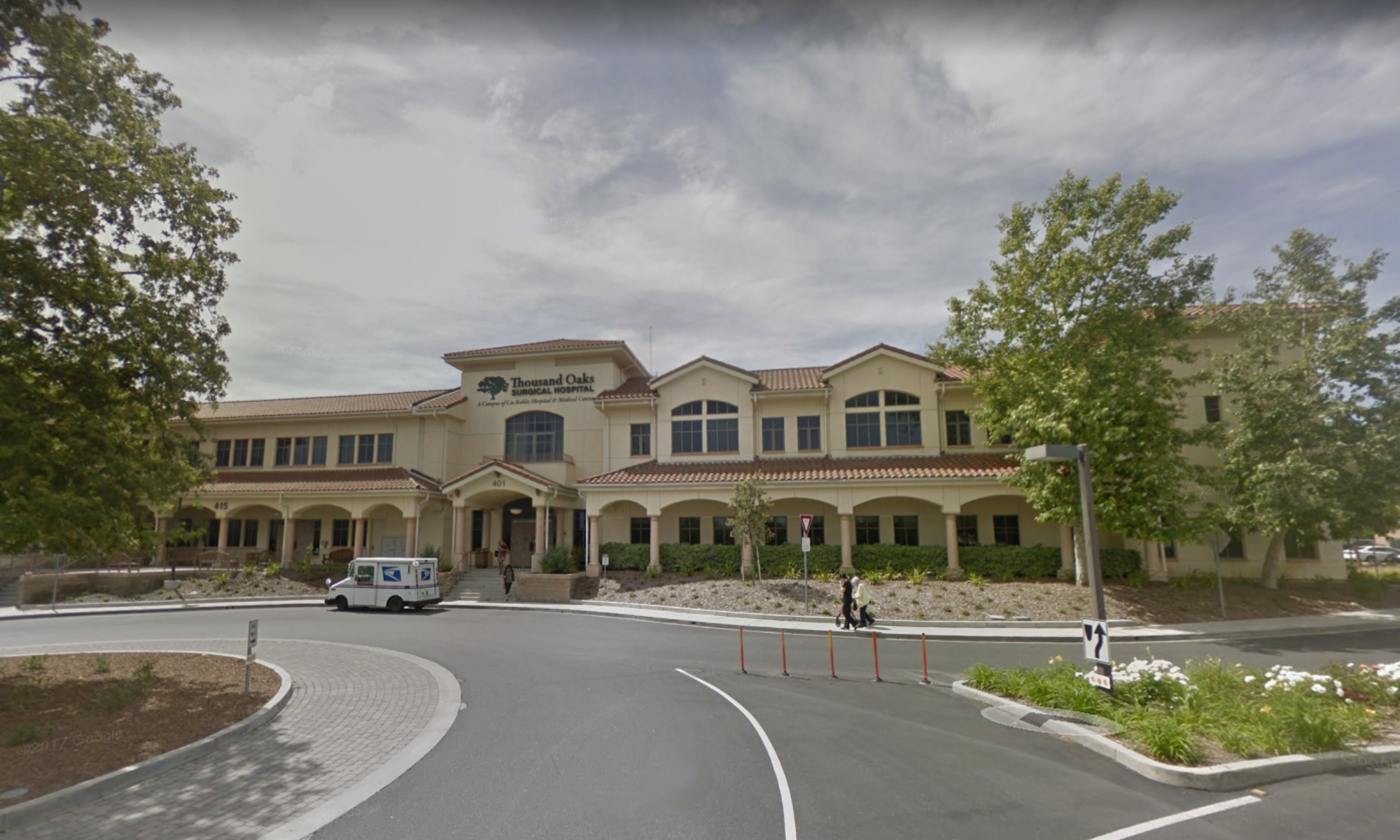Are you currently a tenant leasing space in a commercial (retail, office, industrial usually) property? Is your business suffering significant losses? If so, do you want to know what your options are and what you should be doing about it now and in the future?
This is the second part of a series of articles I am covering on this subject, so make sure to tune in for all of them shortly. The first article covered the pros and cons of subleasing and assignment. Future articles will cover when/how to terminate your lease early, and other relevant options. This particular article of the series will deal with when you should and shouldn’t pay rent, along with the pros and cons of each.
Not paying your rent is usually not a good idea if your landlord has offered you a reasonable alternative like not having to pay your rent now and adding on the deferred rent to your lease. This can be done at the end of your term via a term extension (adding 3 months or whatever length of the deferred rent amounts to in months) or in some other fashion like raising your rent some time in the future to recoup the abated rent. There are also many other options such as paying a percentage of your rent based on the percentage of your gross/net income that you are currently making, compared to what it would have been before COVID began. However, if these types of rent arrangements don’t work for you for some good reason, one being that your business simply isn’t going to make it and you are losing money, then you have to find a different solution.
What happens if you ask the landlord for some kind of help and he isn’t responding to you? Then in my opinion, not paying your rent could be your best option. Both landlords and lenders don’t want empty buildings as landlords might give a building back to a lender if too many tenants aren’t paying rent or vacating their building. My experience is that by not paying rent, you will get your landlord’s attention and get a response with what the landlord is willing to do for you quickly.
Some of my clients I have spoken with fear litigation if they don’t pay their rent. They ask whether the landlord can sue or evict them or if this will hurt their credit? Assuming the courts are even open, it will probably take over two to three years because of the current legal case backlog for your case just to make it to court. Also, it has not traditionally gone well for the landlord or the lender if they have to spend a lot of money on legal fees chasing tenants and creating vacant spaces at their property. And you can always change your mind and pay the rent once you get a notice of default as long as you pay within the allotted time, but, even then, most times I would probably recommend that you still don’t pay. At the same time, it’s unclear how the courts are going to decide the legal matter of a tenant not paying rent if the government shut their business down or the tenant simply couldn’t reasonably open due to COVID related issues. There is a legal term called “frustration of purpose” and it’s my opinion that this legal doctrine applies to the nonpayment of rent issues and that the courts should not require a tenant to pay rent during such times if they can’t reasonably operate their business.
If you can’t afford to pay all or part of the rent and don’t have any assets that are legally attachable via a legal judgment, then, in my opinion, it’s pretty easy to not pay rent as there isn’t much a landlord can do about it. Many landlords would rather have the tenant in the space even if they aren’t paying, rather than a vacant space that might take years to release, as at least there is a chance the existing tenant might make it and even be able to pay some of the back rent due in the future. But if you can afford to pay the rent, even though your business isn’t making much income and have legally attachable assets via a legal judgment, the decision is a little tougher, but not impossible, and not paying rent still might be your best option.
Note to Landlords: It’s probably in your best option to work with your existing tenant rather than have their space go vacant and try to release it. Legally pursuing your existing tenant for rent might backfire on you and cost you more in money and time than is worth the effort. If your lender won’t help you, give them a strong warning about how you might have to default on your loan. In my opinion, one of the best ways for the tenant, landlord, and lender to get through this is for all three to work together and share in the pain. Example: If each party agreed to pay 1/3 of the rent due for 3-12 months, then everyone might get through this as best as possible with no tenant going out of business or a lender having to foreclose on a property at great expense.
Each situation is unique and needs to be figured out carefully but you have to know and consider all of your options so you can pick the best one. I have settled these types of matters both as a landlord and tenant hundreds of times so I can assist you if you need help so please contact me here:
David Massie
DJM Commercial Real Estate
805-217-0791
David Massie

